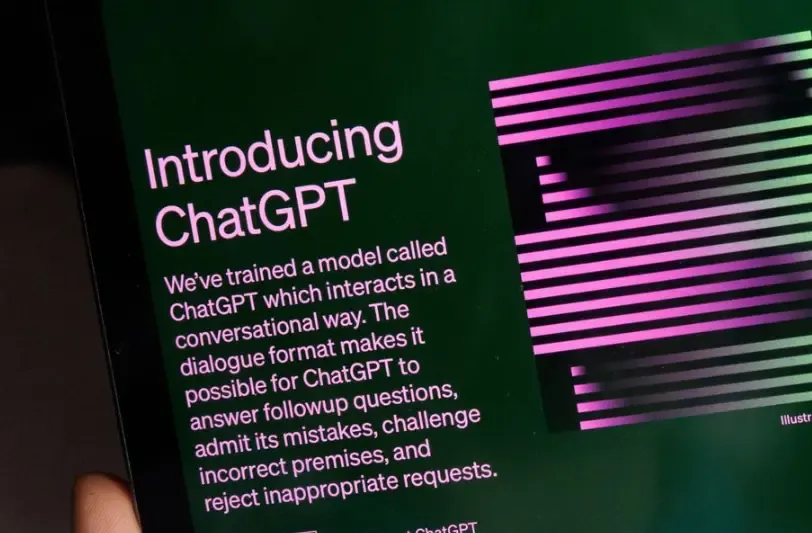ChatGPT Search, the newly launched AI-powered search engine, has been found to be vulnerable to manipulation, potentially generating misleading summaries.

The feature, designed to streamline web browsing by summarizing pages, has a flaw that allows it to be tricked into presenting biased or incomplete information.
The Guardian recently uncovered how hidden text can be inserted into websites, leading ChatGPT Search to ignore negative reviews and produce overly positive summaries.
Security Concerns with ChatGPT Search
This manipulation technique exploits a known weakness in large language models, but it marks the first time such an attack has been demonstrated on a live AI-powered search product.
While Google, the search engine leader, has developed countermeasures against similar vulnerabilities, ChatGPT Search is still in its early stages and faces challenges in addressing these risks.
In addition to generating misleading summaries, the attack method can be exploited to produce malicious code, raising serious security concerns.
OpenAI's Response
OpenAI has not commented specifically on this incident, but the company did respond to TechCrunch, stating that it employs a variety of methods to block harmful websites.
OpenAI also emphasized that it is continually working to improve the system’s defenses.
As AI-powered search engines become more integrated into our online experiences, this discovery highlights the ongoing need for constant vigilance and enhancement in safeguarding users from manipulation and misuse.







